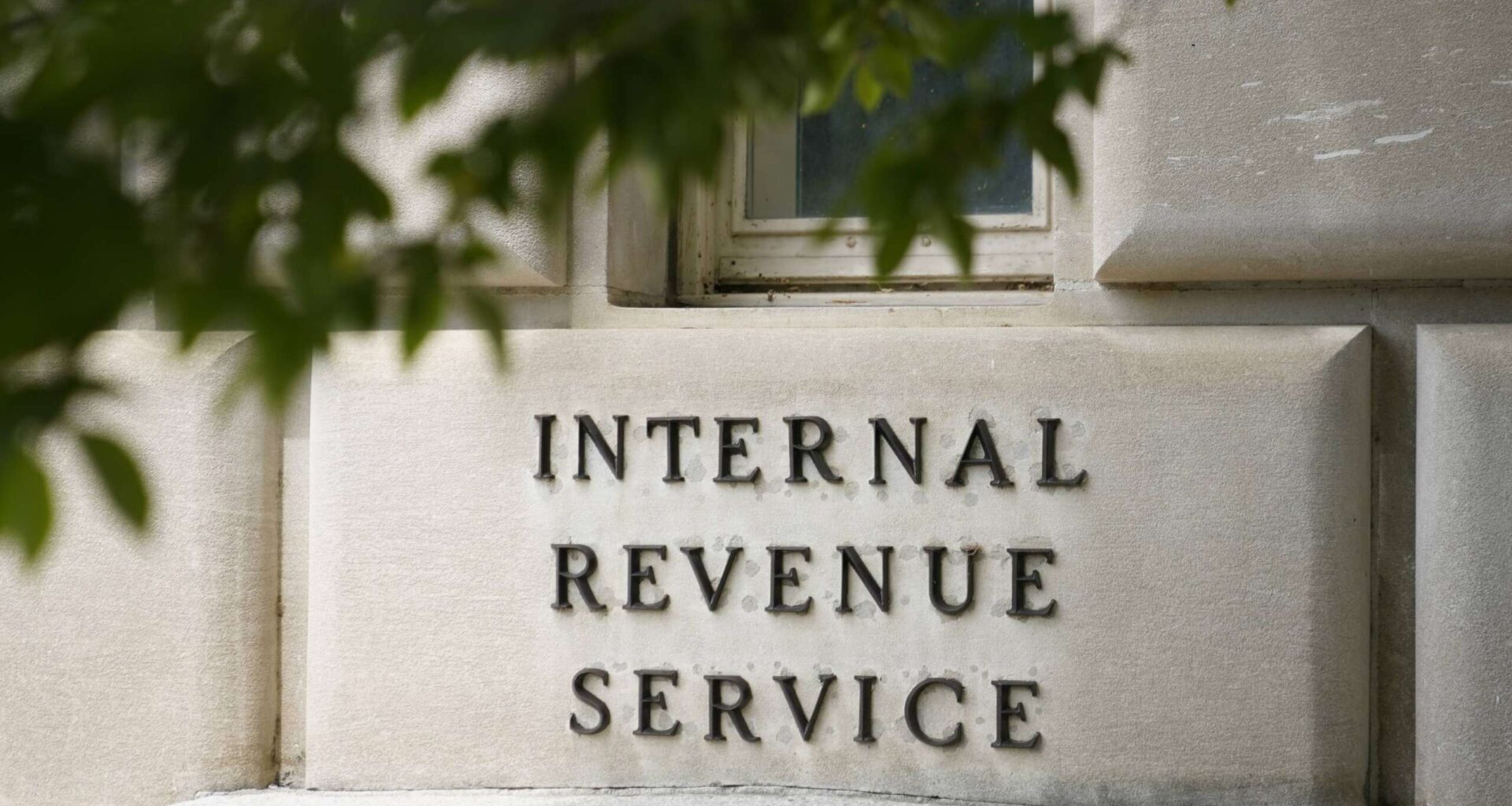The IRS is sending mass furlough notices to employees and shuttering most of its operations, now that a government shutdown has extended beyond its initial contingency plan.
The agency posted on its website Wednesday morning that, “due to the lapse in appropriations, most IRS operations are closed.”
The IRS, which is preparing for next year’s filing season, kept all its employees on the job for the first five business days of the shutdown. Its contingency plans, however, didn’t specify what would happen if a lapse in funding extended beyond Oct. 7.
According to the agency, an “IRS-wide furlough” began Wednesday, “for everyone except already-identified excepted and exempt employees.”
]]>
It’s not clear which employees will keep working at this point. The IRS hasn’t posted an updated contingency plan yet.
“Employees who are not exempt or excepted are furloughed and placed in a non-pay and non-duty status until further notice; however, all employees should plan to report to work for their next tour of duty,” the message on its website states.
A notice sent to all IRS employees states that furloughed and excepted IRS employees will receive back pay once the shutdown ends.
The Office of Management and Budget on Tuesday floated the possibility that furloughed federal employees would not be guaranteed back pay.
Legislation that President Trump signed in January 2019, which ended a record 35-day government shutdown, guaranteed back pay to these employees once any shutdown ends.
“Although you will be placed in non-pay and non-duty status during the furlough, the Government Employee Fair Treatment Act of 2019 requires employees of the federal government who are furloughed or required to work during a lapse in appropriations to be compensated for the period of the lapse. The employees must be compensated on the earliest date possible after the lapse ends, regardless of scheduled pay dates,” the notice states.
OMB circulated a draft legal opinion on Tuesday stating that furloughed federal employees will no longer be automatically guaranteed back pay. Instead, OMB argued that lawmakers must explicitly approve back pay for furloughed employees in a stopgap spending bill.
]]>
OMB’s memo immediately received bipartisan pushback from congressional leaders, and attorneys told Federal News Network that the proposal would likely come under legal scrutiny.
Employees will be given up to four hours to close out work requirements — such as updating their out-of-office voicemail and email messages — and receive formal furlough notifications.
Acting Chief Human Capital Officer David Traynor told employees in the notice letter that some staff “are not being furloughed, because they have been excepted or exempt from the furlough based on their specific duties.”
“Unless you have received specific notification that you are excepted or exempt from the furlough, you are being furloughed beginning October 8, 2025,” he said in the letter.
An IRS employee in Kansas City told Federal News Network on Tuesday that local management began notifying employees about their furlough status on Tuesday afternoon. A second IRS employee, however, said frontline managers were asked to contact personnel after tour-of-duty hours to give them an update on the agency’s contingency plans.
The Trump administration has relied more heavily on Inflation Reduction Act funds to keep the IRS open, compared to what the Biden administration proposed in its shutdown plans. The agency received those funds to rebuild its depleted workforce and modernize its legacy IT, after more than a decade of budget cuts.
Faced with a possible lapse in funding in September 2023, the IRS initially planned to remain “fully operational” during a government shutdown, and keep employees on the job using Inflation Reduction Act funds.
But the agency ultimately decided there were limits on how it could use those funds to keep running during a funding lapse. The IRS reversed course, and decided it would have to furlough two-thirds of its staff during a shutdown.
A Treasury spokesperson said at the time that IRS activities that were funded by the Inflation Reduction Act in fiscal 2023, or are excepted under longstanding governmentwide lapses in appropriations procedures, would continue, but that all other operations would pause under a government shutdown.
]]>
The IRS is preparing for next year’s filing season and scrambling to prepare for major changes to the tax code as part of the “Big Beautiful Bill” that President Donald Trump signed into law in July. Some of those changes will go into effect as soon as next year’s filing season.
This is a developing story and will be updated
If you would like to contact this reporter about recent changes in the federal government, please email jheckman@federalnewsnetwork.com, or reach out on Signal at jheckman.29
Copyright
© 2025 Federal News Network. All rights reserved. This website is not intended for users located within the European Economic Area.

